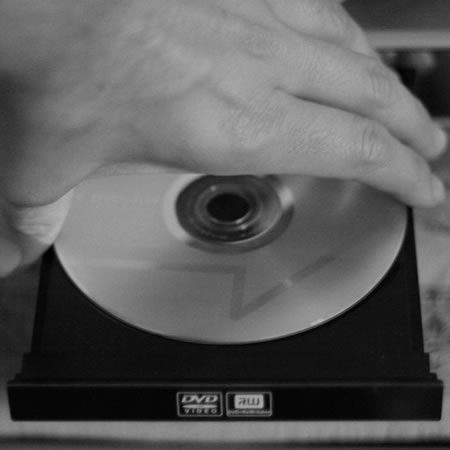I have in the past delivered a fair few workshops on Copyright for JISC Collections, at ALT-C and across the country.
One question I am sometimes asked is “how easy is it to get caught” and “what will they do”. Most cases I know of which involve FE have been settled way before it gets to the court (or the press); however now and again cases involving copyright infringement do come to court.
This case is interesting because of the defendent, well they should know better, and the accusation that they ignored the concerns of the company involved.
FTS said it raised its copyright concerns with West Yorkshire Police in late 2006, but that the force and Hirst went on to repeat the alleged infringement in a 2007 update to their software, dubbed OLiVE. The package was made commercially available.
The issue with infringement of copyright is that the law is complex and surrounded by myths, so it is easy for any educaition provider and the staff who work there to at some point infringe copyright. They may do so accidently, they may do so thinking that they are okay too, or in extreme cases deliberatly infringe copyright. An institution needs to consider how it will react to any concerns that arrive at their door over cases of infringement of copyright. The key thing that you shouldn’t do, is ignore it and hope it will go away.


